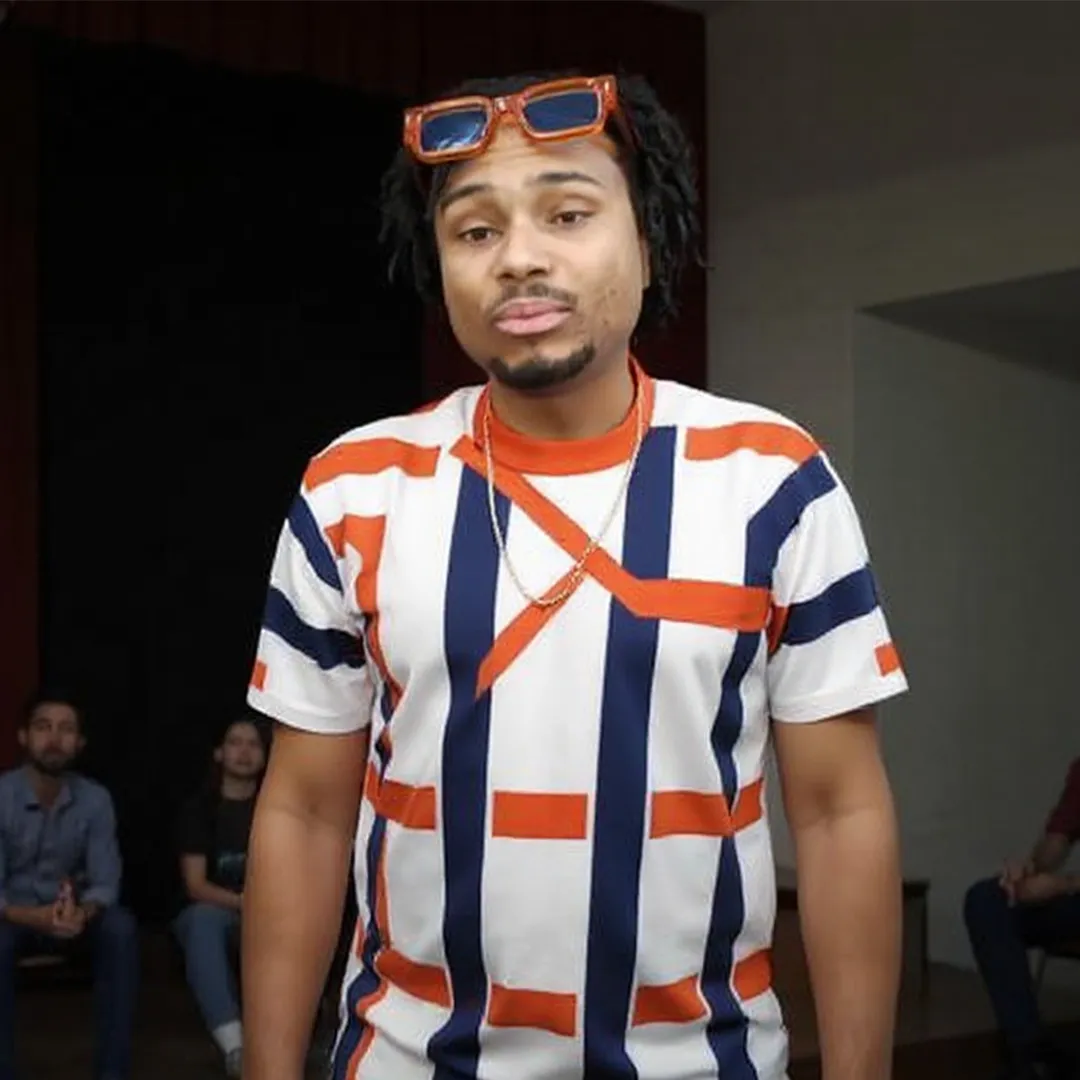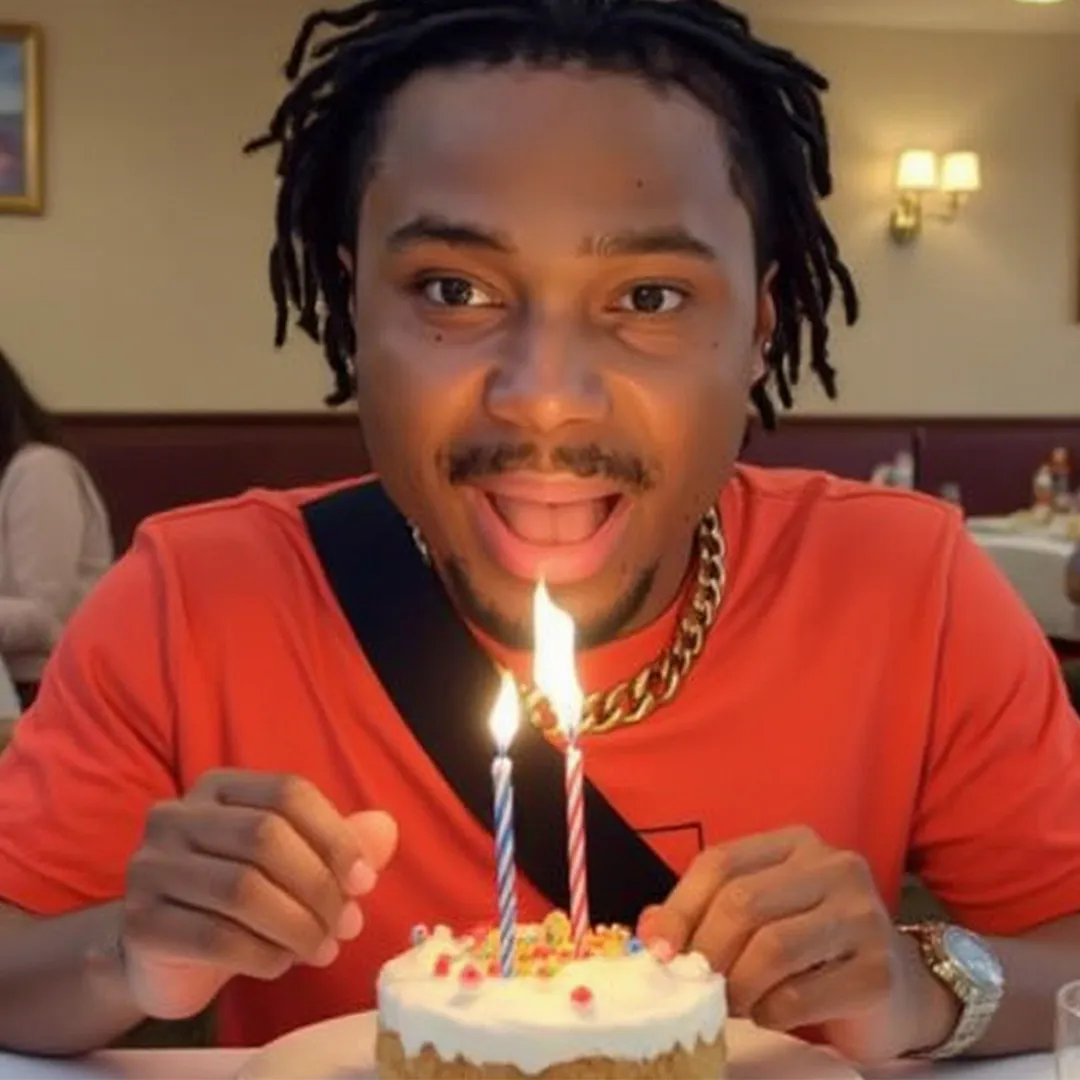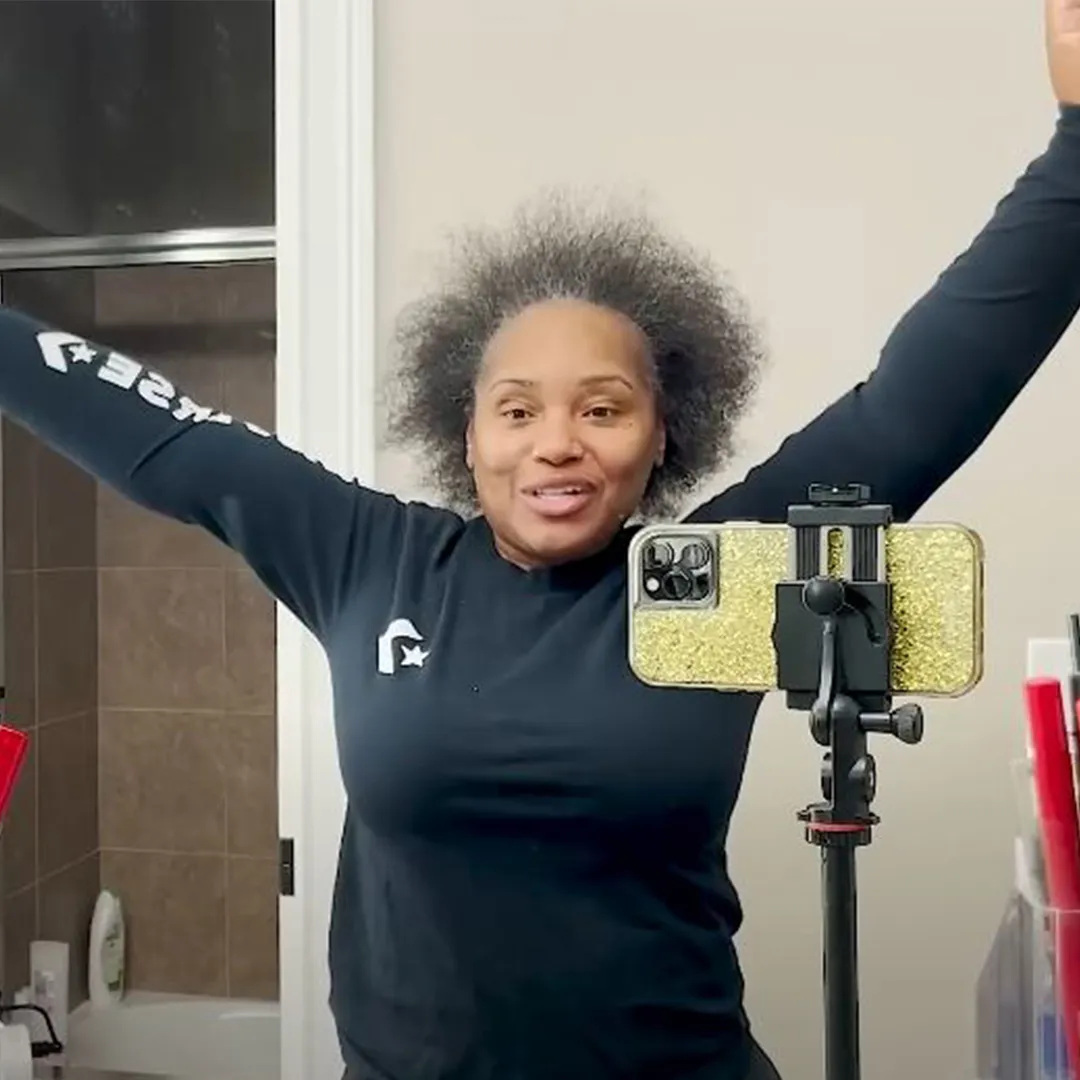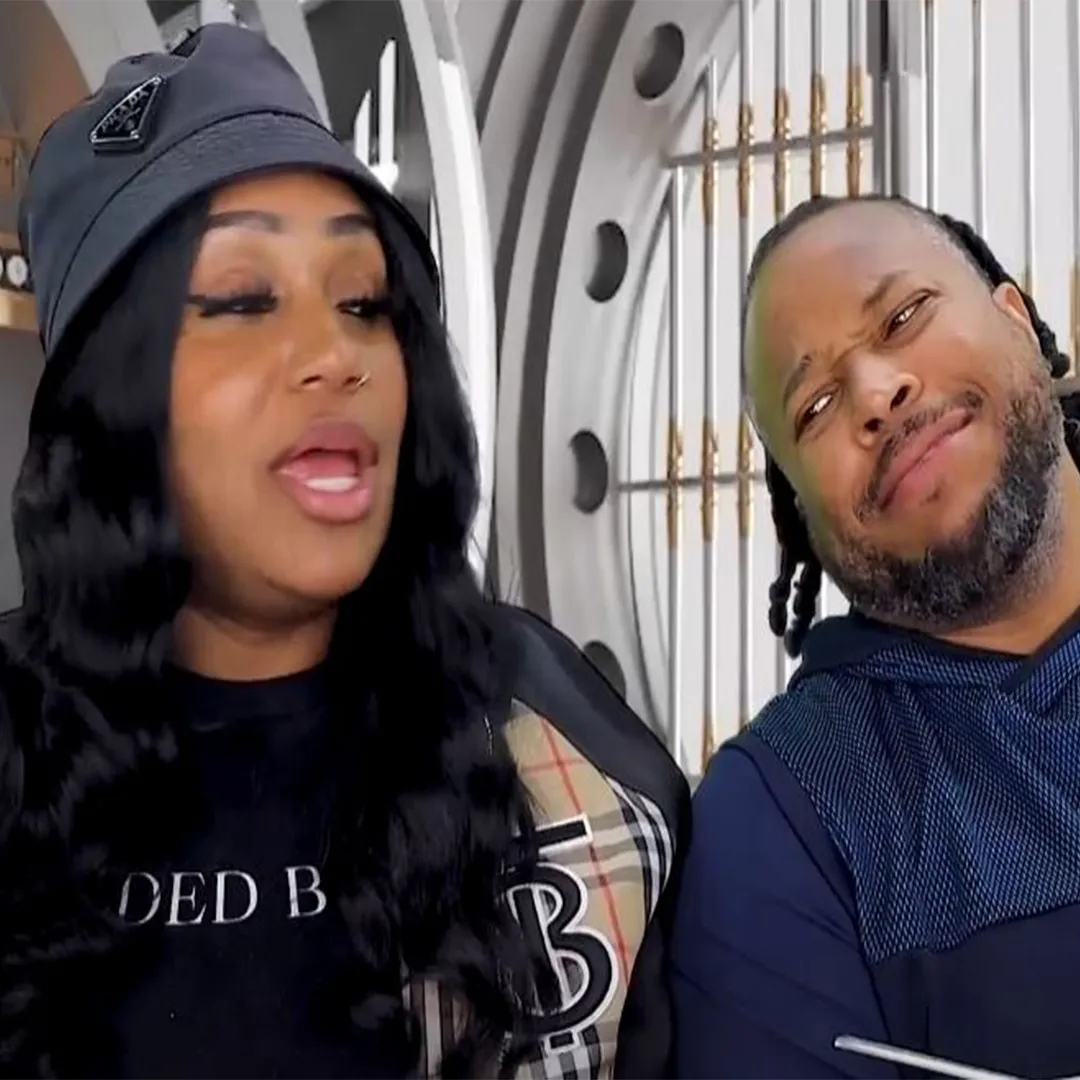Darius doesn’t talk about it often. But when he finally did, his voice dropped a little. I could tell—this wasn’t just another story. This was one of those stories. The kind that carves a line in your memory you never quite step back over.
It happened years ago, during a full-cast rehearsal. The theater was buzzing—around 35 people, all prepping for the big performance. Darius had landed the lead role. He was proud. Focused. Living in his passion. But not even passion can shield you from cruelty.
(If you enjoyed this post and want to try out the same ingredients and tools I use, feel free to check them out below!
These are affiliate links, which means I earn a small commission at no extra cost to you. Thank you for supporting my work 💛
- 7.5 Quart Cast Iron Dutch Oven: https://amzn.to/4dcUqms
- Lodge Pre-seasoned Cast Iron Skillet: https://amzn.to/3TyyMSA
- Bamboo Seasonings Box with Mini Spoon: https://amzn.to/4dfHzA6)

Right in the middle of a scene transition, an older male actor turned to him. Loud. Sharp. No warning. “Are you g*y?” he asked, in front of everyone. That one question, tossed out like it was casual, like it was funny. But it wasn’t.
Darius looked him in the eye and replied, calm but cutting: “Yes. So what?”
He told me later, “Ma, it wasn’t even the question that got me. It was the silence after. Like the room froze.” Thirty-something people in that space—people who shared stages and lines and laughter with him—none of them said a word. Nobody challenged it. Nobody had his back. He was left standing, exposed, while everyone else sank into quiet like it wasn’t their problem.
And here's the kicker: Darius told me, “I knew I wasn’t the only one. At least 75% of those guys were g*y too, or somewhere on the spectrum. But even if they weren’t—why did no one speak up?”
He wasn’t mad because someone called him out. He was hurt because no one stepped in.
That moment taught him the difference between being seen and being supported. And that lesson cut deeper than any insult ever could. “If I had that moment again,” he said, his voice steady, “I’d tell him—Yes, I’m gy. So are many in this room. And if that makes you uncomfortable, that says more about you than it does about me.*”

But back then, he didn’t have the words. He only had the silence.
And it stayed with him.
Because this story ain’t just about being called a name. It’s about dignity. It’s about the right to show up as you are, without being put on trial. It’s about how dangerous group silence can be. And it’s about how a person can survive even when no one stood beside them—and still rise.
Darius realized that day: He was never the shameful part of the story. The shame belonged to the ones who stayed quiet. The ones who thought it was easier to disappear into the crowd than to stand for something.
He came out stronger. Wiser. More protective of the next person who might face that kind of moment.
And now?
He makes sure no one in the room feels alone like he did that day.




